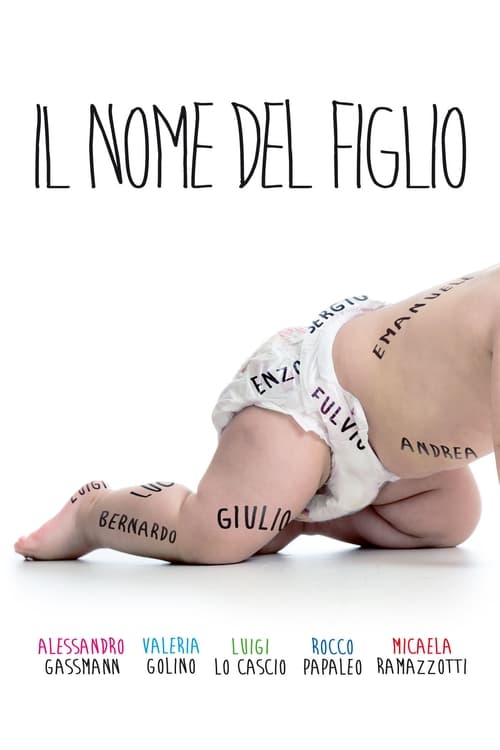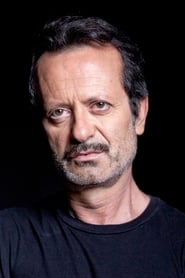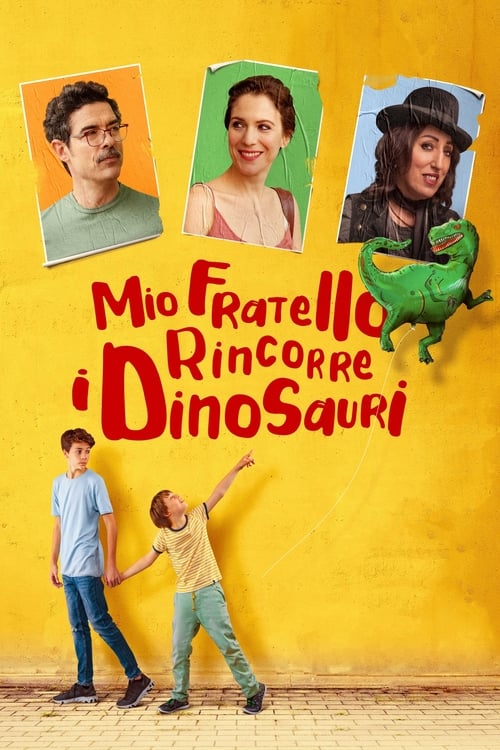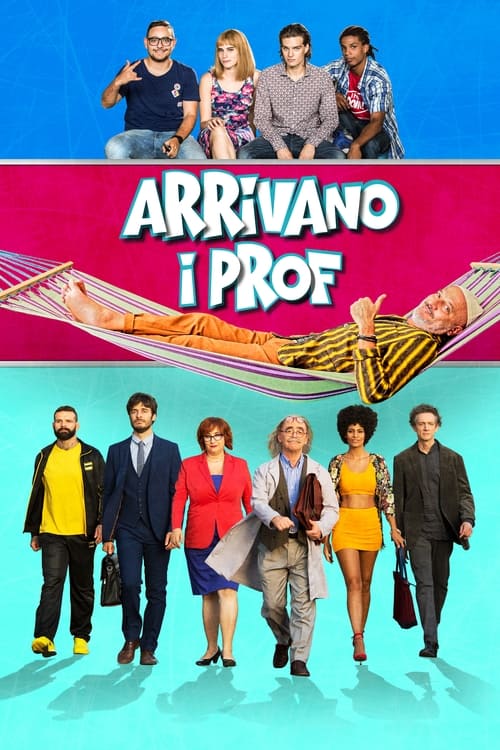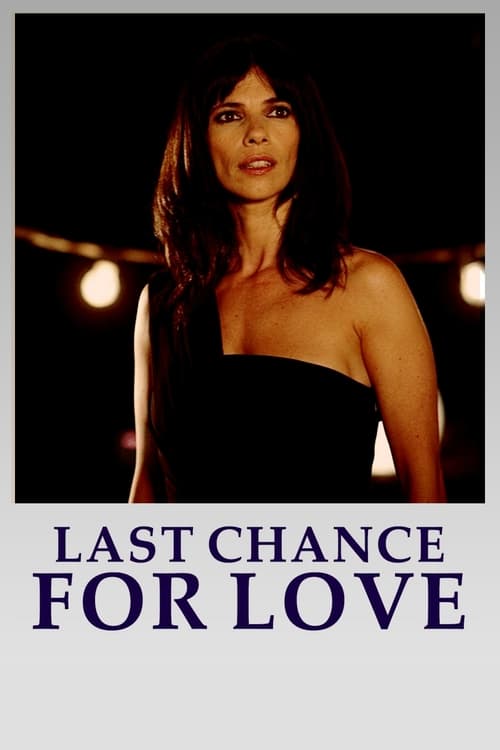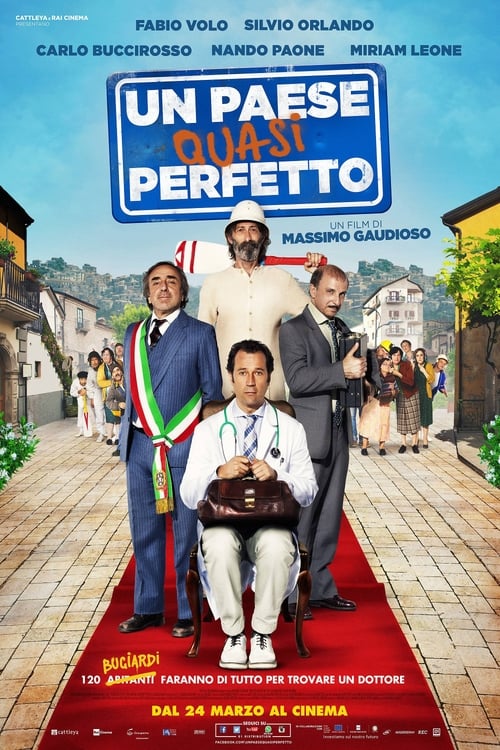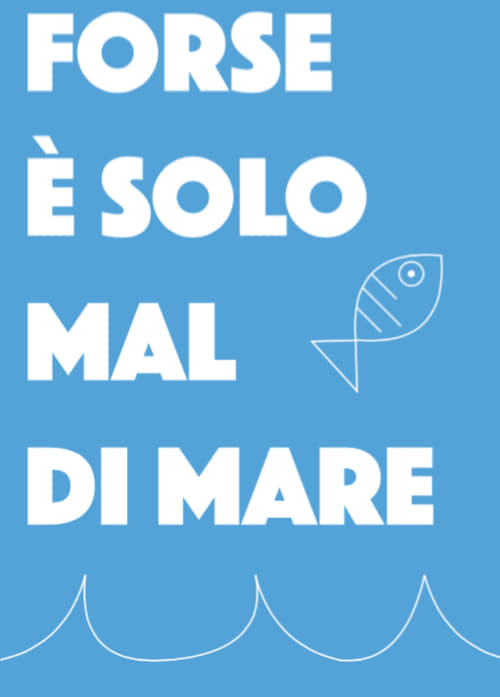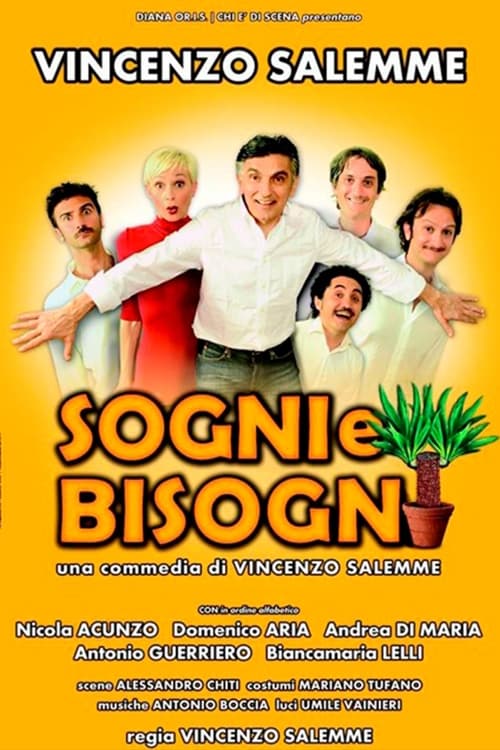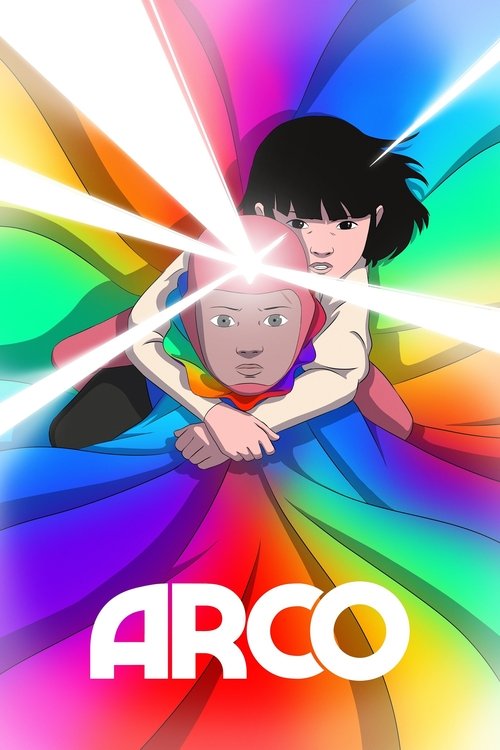
Ask Your Own Question
What is the plot?
The evening air in Rome is thick with the scent of jasmine and the distant hum of the city as the sun dips below the horizon, casting long shadows across the elegant streets. It is a warm, unremarkable night in the spring of 2015, and the Pontecorvo family is gathering for a dinner that will soon become anything but ordinary. Paolo Pontecorvo, a handsome and outgoing real estate broker, walks hand in hand with his wife, Simona, a successful author whose latest spicy bestsellers have made her a minor celebrity. Simona is visibly pregnant, her hand resting gently on her belly as they approach the apartment of Paolo's sister, Betta Pontecorvo, and her husband, Sandro De Luca.
Betta, a teacher with a quiet intensity, is bustling about the kitchen, arranging plates and checking the oven. Her husband, Sandro, a university professor with a sharp mind and a sharper tongue, sits at the dining table, scrolling through Twitter on his phone. The apartment is tastefully decorated, filled with books and art, a reflection of their intellectual lives. The atmosphere is one of anticipation, of family and friendship, but beneath the surface, there is a current of tension, a sense that something is about to shift.
The doorbell rings, and Claudio, the eccentric musician and childhood friend of Paolo and Betta, arrives with his usual flair, carrying a bottle of wine and a guitar case. Claudio is a man of contradictions--bohemian, unpredictable, yet deeply loyal. He greets everyone with a wide smile, his eyes twinkling with mischief. The group settles around the table, the air filled with laughter and the clinking of glasses. The dinner begins with light banter, stories from the past, and the usual small talk that marks such gatherings.
As the meal progresses, the conversation turns to Paolo and Simona's impending parenthood. Betta, ever the nurturing sister, asks about the baby's name. Paolo, with a mischievous grin, reveals that he and Simona have decided to name their son Adolf. The room falls silent. Betta's eyes widen in shock, and Sandro nearly drops his phone. Claudio, who had been about to take a sip of wine, freezes mid-motion.
"Adolf?" Betta repeats, her voice barely above a whisper. "You're joking, right?"
Paolo shakes his head, his expression serious. "No, I'm not. It's my father's name."
The revelation hangs in the air like a storm cloud. Betta and Sandro exchange horrified glances, their minds racing with the implications. Sandro, ever the intellectual, is the first to speak. "Paolo, do you realize what that name means? The history, the pain, the suffering?"
Paolo meets his gaze, unflinching. "I know what it means. But it's also my father's name. He was a left-wing Member of the Italian Parliament, a survivor of the Holocaust. He was a good man, a fighter for justice. I want to honor his memory."
Simona, who has been quiet until now, speaks up. "Paolo's father was a hero. He survived the camps, dedicated his life to fighting fascism. Naming our son Adolf is a way of reclaiming the name, of turning it into something positive."
Betta is still struggling to process this. "But how can you do that? How can you subject your child to that burden? To the questions, the stares, the judgment?"
Paolo's voice rises, a mix of frustration and passion. "It's not about burdening him. It's about giving him a legacy, a story. My father's story. He wasn't just a victim; he was a survivor, a fighter. I want my son to know that."
Sandro, ever the provocateur, leans forward. "But Paolo, don't you see? Names have power. They carry history, they shape identity. By choosing this name, you're inviting controversy, you're opening a door that can't be closed."
Claudio, who has been listening intently, finally speaks. "Maybe Paolo's right. Maybe it's time to challenge the past, to redefine what names mean. But it's also a risk. A big one."
The conversation spirals, each character revealing their own fears and insecurities. Betta admits that she has always felt overshadowed by Paolo's success, that she struggles with her own sense of identity. Sandro confesses his anxiety about his academic reputation, his fear of being irrelevant in a world that values popularity over substance. Claudio shares his struggles as a musician, his fear of failure, his longing for recognition. Simona reveals her doubts about motherhood, her desire to support Paolo but also her fear of the unknown.
As the night wears on, the tension escalates. Betta and Sandro argue about the implications of the name, about the impact it will have on the family, on society. Paolo stands firm, his resolve unshaken. Simona, torn between her love for Paolo and her concern for their child, tries to mediate, but the emotions are too raw, too intense.
The climax comes when Betta, in a moment of desperation, accuses Paolo of being selfish, of putting his own desires above the well-being of his child. Paolo, stung by the accusation, fires back, "You think I don't care about my son? You think I don't want the best for him? I'm doing this because I love him, because I want him to know where he comes from, to understand his history."
The room is silent, the weight of the moment pressing down on everyone. Claudio, ever the peacemaker, tries to lighten the mood, but the damage is done. The dinner, once a celebration of family and friendship, has become a battleground of emotions, of conflicting values and beliefs.
In the end, there is no resolution, no easy answer. Paolo and Simona leave the dinner party with a renewed sense of purpose and unity, their commitment to each other and their child stronger than ever. Betta and Sandro, though still conflicted, acknowledge Paolo's right to make his own choices, even if they don't agree with them. Claudio offers his support, recognizing the complexity of the situation.
The film ends with Paolo and Simona walking home, the city lights twinkling around them. They talk about their future, about the challenges ahead, about the legacy they want to leave for their child. The final shot is of them embracing, their faces filled with love and determination, a symbol of their commitment to each other and their child.
As the credits roll, the audience is left with a sense of the complexity of family, of identity, of the weight of history. The story of Paolo and Simona, of Betta and Sandro, of Claudio, is a reminder that life is rarely simple, that choices have consequences, and that love, in all its forms, is the only thing that truly matters.
More Movies Like This
Browse All Movies →What is the ending?
In the ending of "An Italian Name," the main character, Paolo, confronts the complexities of family and identity as he navigates the fallout from a name he has inherited. The film concludes with Paolo coming to terms with his past and the relationships that have shaped him, ultimately leading to a moment of reconciliation with his family.
As the film approaches its conclusion, we find Paolo in a tense family gathering, where the air is thick with unspoken words and unresolved conflicts. The camera captures the strained expressions on the faces of his relatives, each grappling with their own feelings about the family name and its implications. Paolo, feeling the weight of expectation and tradition, stands at the center of this emotional storm.
In a pivotal scene, Paolo's father, who has been a source of both pride and pressure, finally opens up about his own struggles with the family legacy. This moment of vulnerability allows Paolo to see his father not just as a figure of authority but as a man with his own fears and regrets. The dialogue is charged with emotion, as Paolo realizes that the name he has been burdened with is not just a label but a connection to his family's history and their shared experiences.
As the conversation unfolds, Paolo's mother interjects, reminding everyone of the love that binds them despite their differences. Her words resonate deeply, and the tension begins to dissipate. The camera shifts to capture the subtle changes in the characters' expressions, highlighting the shift from conflict to understanding.
In the final moments, Paolo makes a heartfelt decision to embrace his name and the legacy it carries. He stands up, addressing his family with newfound confidence, expressing his desire to honor their past while also forging his own path. The scene is filled with warmth as family members nod in agreement, their faces softening as they recognize the importance of unity and acceptance.
The film closes with a montage of family gatherings, laughter, and shared moments, symbolizing the healing that has taken place. Paolo's journey culminates in a sense of belonging, as he finds peace with his identity and the name that once felt like a burden. Each character, from his father to his mother, is shown in a state of contentment, having navigated their own arcs of growth and understanding.
In summary, the ending of "An Italian Name" encapsulates the themes of family, identity, and reconciliation, leaving the audience with a sense of hope and the importance of embracing one's heritage while also carving out a personal identity.
Is there a post-credit scene?
In the movie "An Italian Name," there is no post-credit scene. The film concludes its narrative without any additional scenes after the credits roll. The story wraps up the central themes of identity, family, and cultural heritage, leaving the audience with a sense of resolution regarding the characters' journeys and their relationships. The absence of a post-credit scene emphasizes the film's focus on the main storyline and the emotional arcs of the characters throughout the film.
What role does the family gathering play in the development of the plot?
The family gathering serves as a pivotal setting where tensions rise and secrets are revealed. It acts as a catalyst for character interactions, showcasing the dynamics between family members and highlighting the protagonist's internal struggles with identity and belonging.
What is the significance of the character's name in An Italian Name?
The character's name plays a crucial role in the film, as it reflects cultural identity and familial expectations. The protagonist grapples with the weight of his name, which symbolizes his heritage and the pressure to conform to traditional values.
How does the protagonist's relationship with his father influence the story?
The protagonist's relationship with his father is strained and complex, serving as a driving force in the narrative. The father's traditional views clash with the protagonist's modern lifestyle, leading to emotional confrontations that reveal deeper themes of acceptance and generational conflict.
How does the character of the protagonist's partner contribute to the story?
The protagonist's partner provides a contrasting perspective on cultural identity, often challenging the protagonist's views. Their relationship adds depth to the narrative, as they navigate the complexities of love, acceptance, and the impact of family expectations on their lives.
What are the key conflicts that arise during the family dinner scene?
During the family dinner scene, key conflicts arise from differing opinions on tradition versus modernity. Heated discussions reveal underlying tensions, with characters expressing their frustrations and desires, ultimately leading to a climactic moment that forces the protagonist to confront his own beliefs and choices.
Is this family friendly?
"An Italian Name," a 2015 film, is generally considered suitable for family viewing, but it does contain some elements that may be sensitive for children or more sensitive viewers.
-
Language: The film includes some instances of strong language, which may not be appropriate for younger audiences.
-
Family Conflict: There are scenes depicting familial tensions and arguments that could be upsetting, particularly for children who may not understand the complexities of adult relationships.
-
Cultural References: Some humor and situations may rely on cultural nuances that could be confusing or inappropriate for younger viewers.
-
Emotional Themes: The film explores themes of identity and belonging, which may evoke strong emotions and could be challenging for sensitive viewers to process.
-
Romantic Situations: There are moments of romantic tension and discussions about relationships that may not be suitable for all children.
Overall, while the film has comedic elements and a light-hearted tone, these aspects may require parental guidance for younger audiences.

